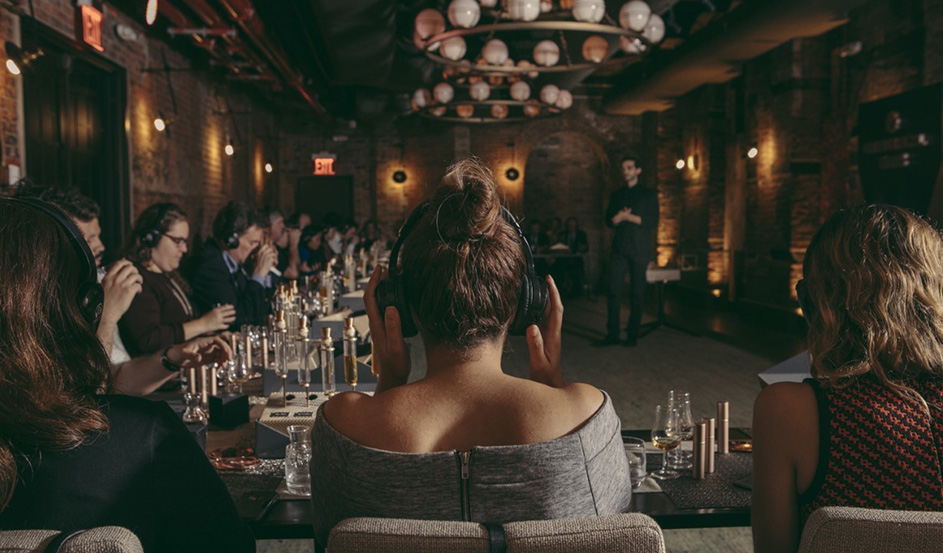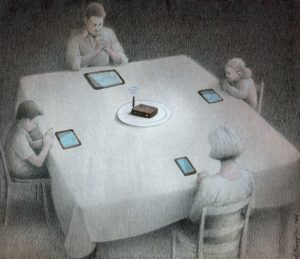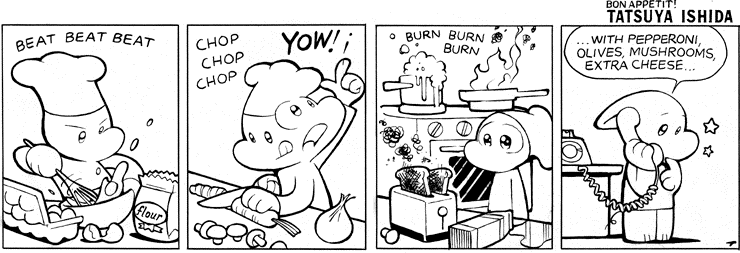
WHAT IS A SENSPLORATION?
SENSPLORATION AND THE WORLD
Modern life is becoming increasingly un-sensory and by this we mean; modernist and minimalist design aesthetics combined with rapid advancements in technology over the last 100 years have resulted in a world which is far less rich in sensory interactions. Take for instance the tactile sensations associated with making a call on a rotary dial phone verses your smart phone, warming your home by building a fire as opposed to flicking the switch on the central heating or even washing clothes with by hand with a wash board versus throwing all your laundry in the washing machine and pressing a button or two.

How sensory are your meals?
Cooking, among the most sensual of activities has suffered a similar fate. Do you go to a butcher for your meat? A fish monger for your fish? A market for your fruits and veg? Do you touch taste and smell ingredients as you buy them? Do you know the name of the person who is selling you your ingredients? For most people living in large cities cold, sterile supermarkets are where they source their ingredients – the foundation of their meal. Coupled with the rise in convenience foods, changes in house hold arrangements and longer working hours many people never develop their culinary skills beyond a basic level which they consider adequate to keep them sustained

Advancements in neuroscience and the emerging fields of neurogastronomy and gastrophysics mean that we are now becoming increasingly aware of the fact that our perception of favour is not in the mouth at all but really it is all happening in the brain. We humans are sensory beings, without our senses feeding back all the stimulus they take in and feedback to the brain we would not be able to make sense of the world around us. Remove any one of our senses and our picture of the world becomes very different. When asked what sense they would lose if they had to choose one, most people opt for smell, however research into this found that those who lose their sense of smell suffer from longer term depression than those who lose their eye sight.
How we use this knowledge
So hopefully this sort explains why we have all become so interested in ‘sensory experiences’, dining out is one of the few multisensory activities we all still continue to enjoy and engage in. Perhaps the lack of sensory stimulation in other areas of our life are driving us to crave more sensorally rich experiences?
At Kitchen Theory we research the sensory aspects of a brand or product by applying both our culinary knowhow and sensory knowledge. We look for ways of enhancing appreciation for flavours, heightening mindfulness of textures and sounds, while all along allowing the brand or product to take centre stage. We introduce guests to a new way of experiencing a product; whether it be a perfume, a fine whiskey or a documentary series, we bring these stories to life by stimulating all the senses. And that’s a Sensploration!

